Optimal Timing for Concrete Construction
Concrete constructions are highly dependent on weather conditions for optimal curing and strength development. The best time for concrete work typically aligns with periods of moderate temperatures, low humidity, and minimal precipitation. These conditions ensure proper hydration and reduce the risk of cracking or setting issues.
Concrete performs best when ambient temperatures are between 50°F and 85°F. Temperatures outside this range can affect setting times and durability.
Rain can wash away cement and weaken the structure, while high humidity can prolong curing times, leading to potential defects.
Spring and early fall often provide ideal weather conditions for concrete work, avoiding the extremes of summer heat and winter cold.
Rapid temperature changes can cause thermal cracking in concrete, so stable weather conditions are preferable.
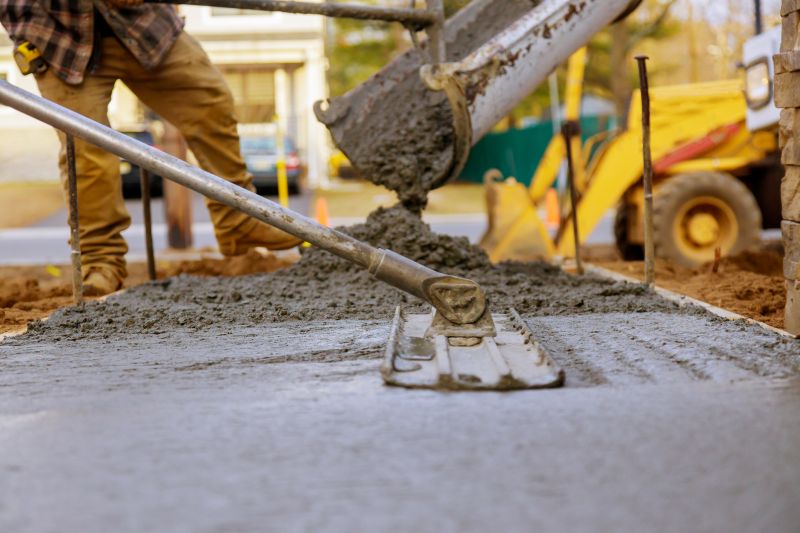
Ways to make Concrete Constructions work in tight or awkward layouts.
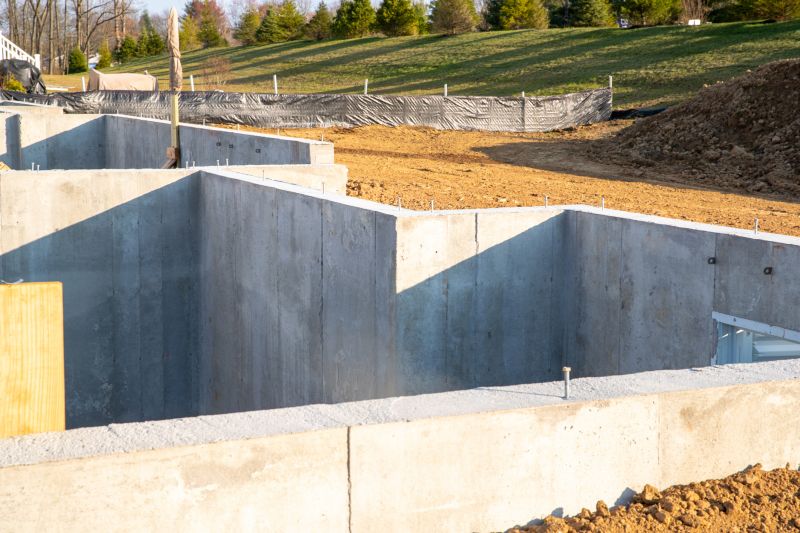
Popular materials for Concrete Constructions and why they hold up over time.
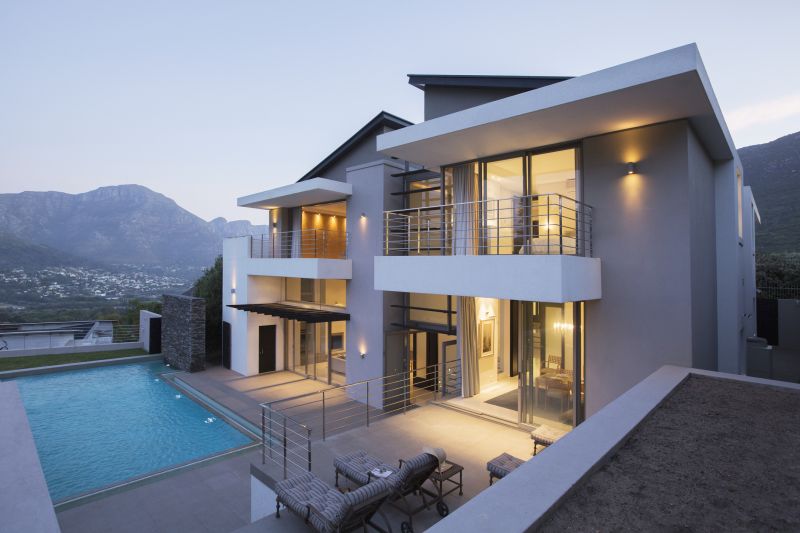
Simple add-ons that improve Concrete Constructions without blowing the budget.
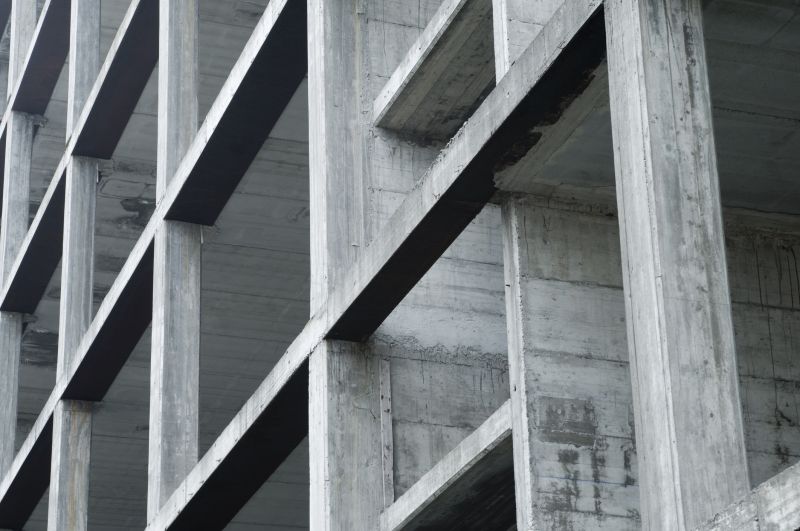
High-end options that actually feel worth it for Concrete Constructions.
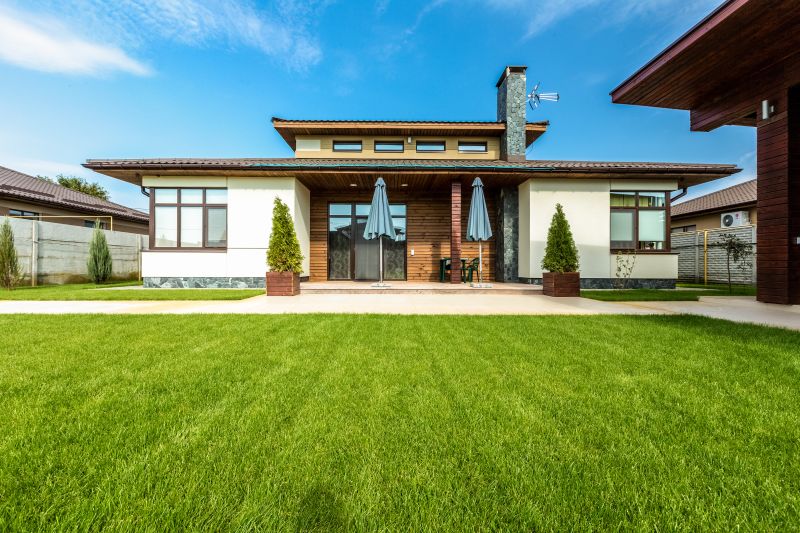
Finishes and colors that play nicely with Concrete Constructions.

Little measurements that prevent headaches on Concrete Constructions day.
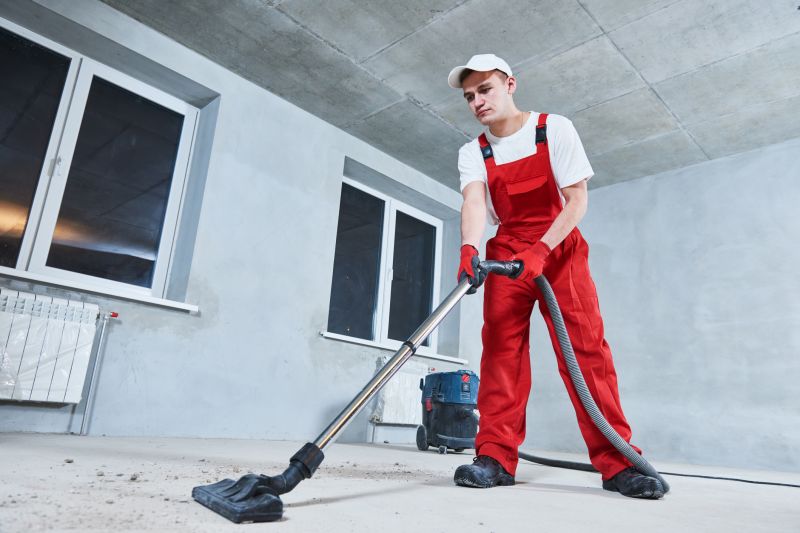
A 60-second routine that keeps Concrete Constructions looking new.
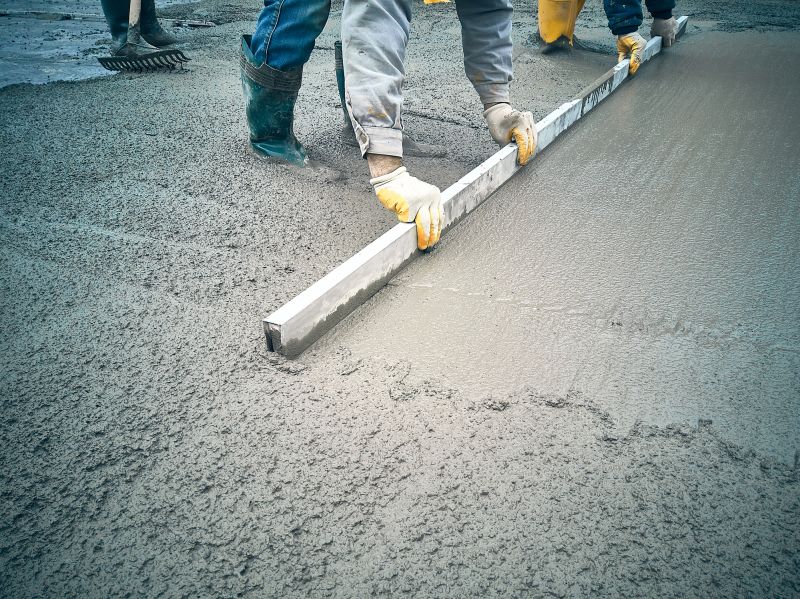
A frequent mistake in Concrete Constructions and how to dodge it.
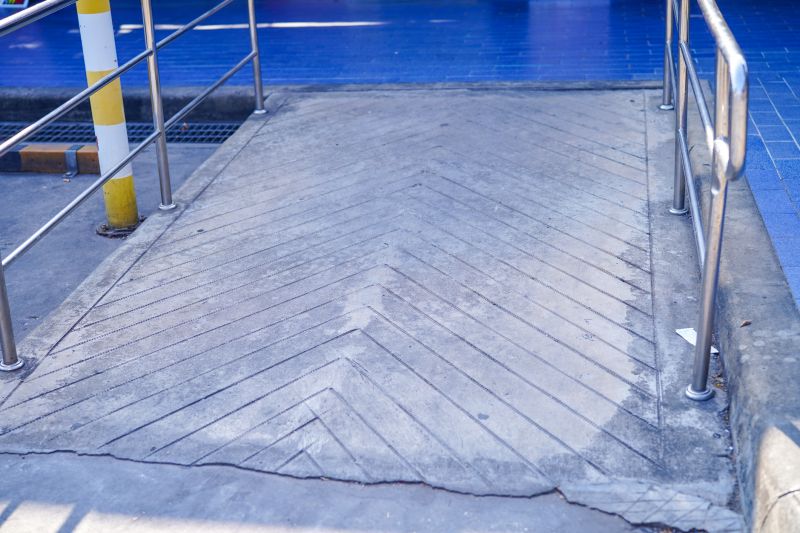
Small tweaks to make Concrete Constructions safer and easier to use.
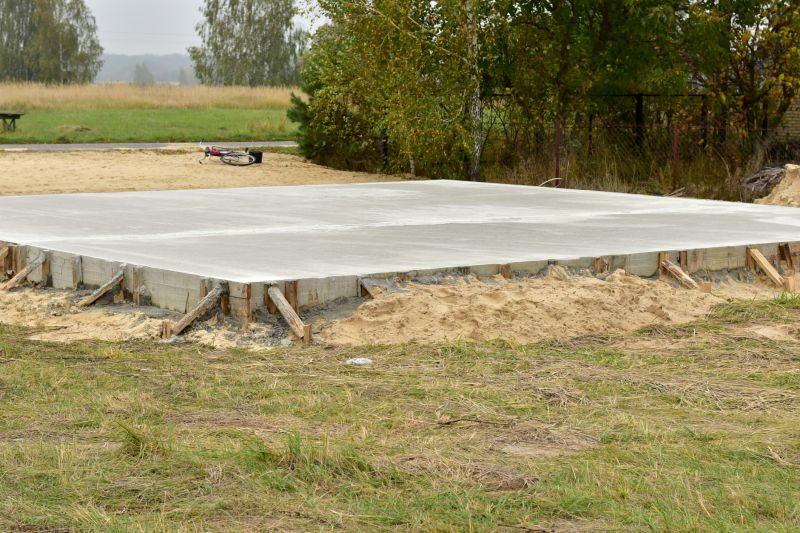
Lower-waste or water-saving choices for Concrete Constructions.
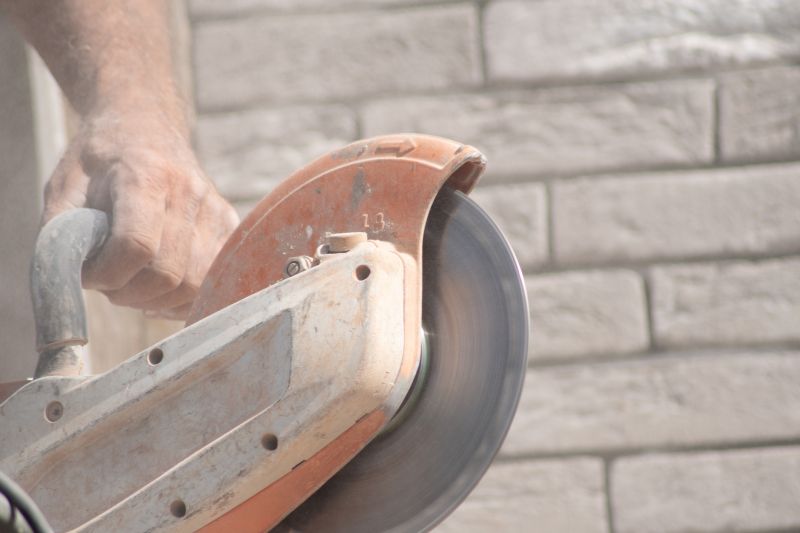
The short, realistic tool list for quality Concrete Constructions.
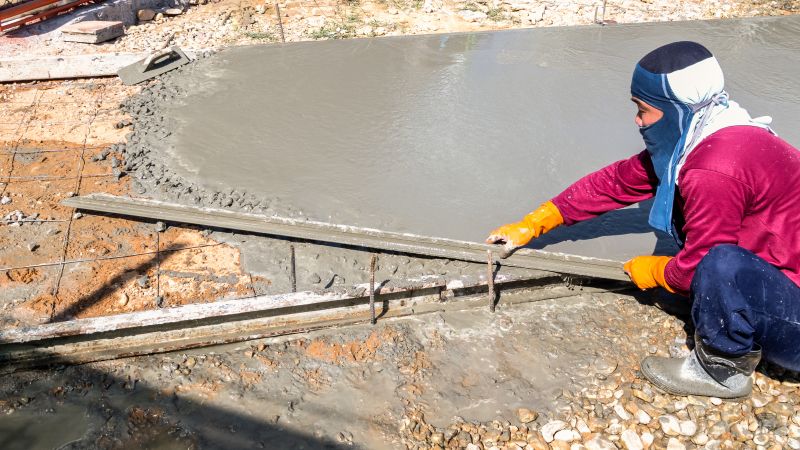
Rough timing from prep to clean-up for Concrete Constructions.
| Factor | Impact on Concrete Construction |
|---|---|
| Temperature | Affects setting time and strength development. |
| Humidity | High humidity can delay curing, low humidity can cause rapid drying. |
| Precipitation | Can weaken the concrete and cause surface defects. |
| Season | Spring and fall generally offer optimal conditions. |
| Weather Stability | Reduces delays and quality issues. |
| Cold Weather | Requires special measures like heating. |
| Hot Weather | Necessitates cooling and rapid setting mixes. |
